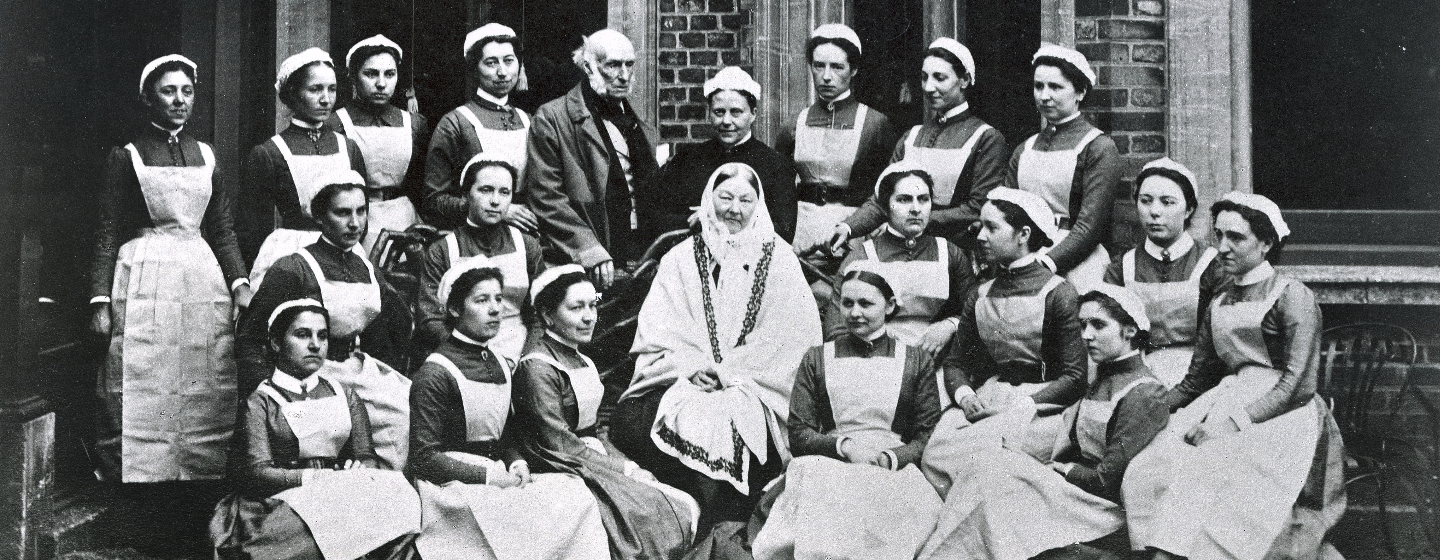Florence Nightingale arrived in Turkey on November 4, 1854, during the Crimean war (1854-1856). Britain was at war with Russia; as a result, the soldiers were fatally wounded. Florence left England for Turkey, accompanied by 38 nurses to save the soldiers’ lives. The army base hospital at Scutari in Constantinople was untidy when Nightingale arrived. The bandages and soap were insufficient. Worse still, the hurting patient did not have enough food and medicine.
The Saddening Mess Caused By the War
The soldiers were not given the best care. Medicine and other essentials were not enough for the soldiers. Poor hygiene was what you could witness, a factor that caused fatal infections. Ten times more patients succumbed to cholera, dysentery, typhus, and typhoid than war injuries.
Nightingale did not find any clean linen at the army base. The soldiers wore clothes that were swarming with fleas, bugs, and lice. The walls and the ceiling were filthy. Rarely could an hour pass without people seeing rats running all over the place. The rooms did not have basins, towels, and soap. There was an estimate of 14 baths for 2000 soldiers. This hospital at Scutari in Constantinople is remembered for recording many death cases during the Crimean war.
Charitable Acts of Florence Nightingale
Nightingale purchased 200 Turkish towels. She also gave the soldiers clean shirts, soap, and essentials such as knives, plates, glasses, cups, and forks. Nightingale learned that drains, diet, and dirt were the cause of havoc. She, therefore, brought food from England. Nightingale cleaned the kitchen and coordinated with her fellow nurses to clean the hospital wards. The British government also sent a sanitary commission to flush out the sewer and improve the area’s ventilation.
Nightingale found herself in war with the soldiers that labeled her incompetent. The soldier, in return, viewed her as a nuisance and unfeminine. But she worked tirelessly to care for patients. She could make her rounds at night when other medical officers were off duty. Her resilience earned her the name “the Lady with the Lamp.” The London Times called Florence Nightingale “the ministering angel.”
Recognition and Awards
Florence Nightingale became popular in Britain. Her deeds impressed even the British queen. The work of Nightingale earned the field of public health national attention. Florence Nightingale became the first person in Europe to acquire the principles of the new science of statistics. Florence Nightingale applied the principles in the military and later on in the civil hospitals. She became the first woman to be awarded the Order of Merit in 1907. Florence Nightingale is best recognized for her resilience, intelligence, and incredible capacity to work.

